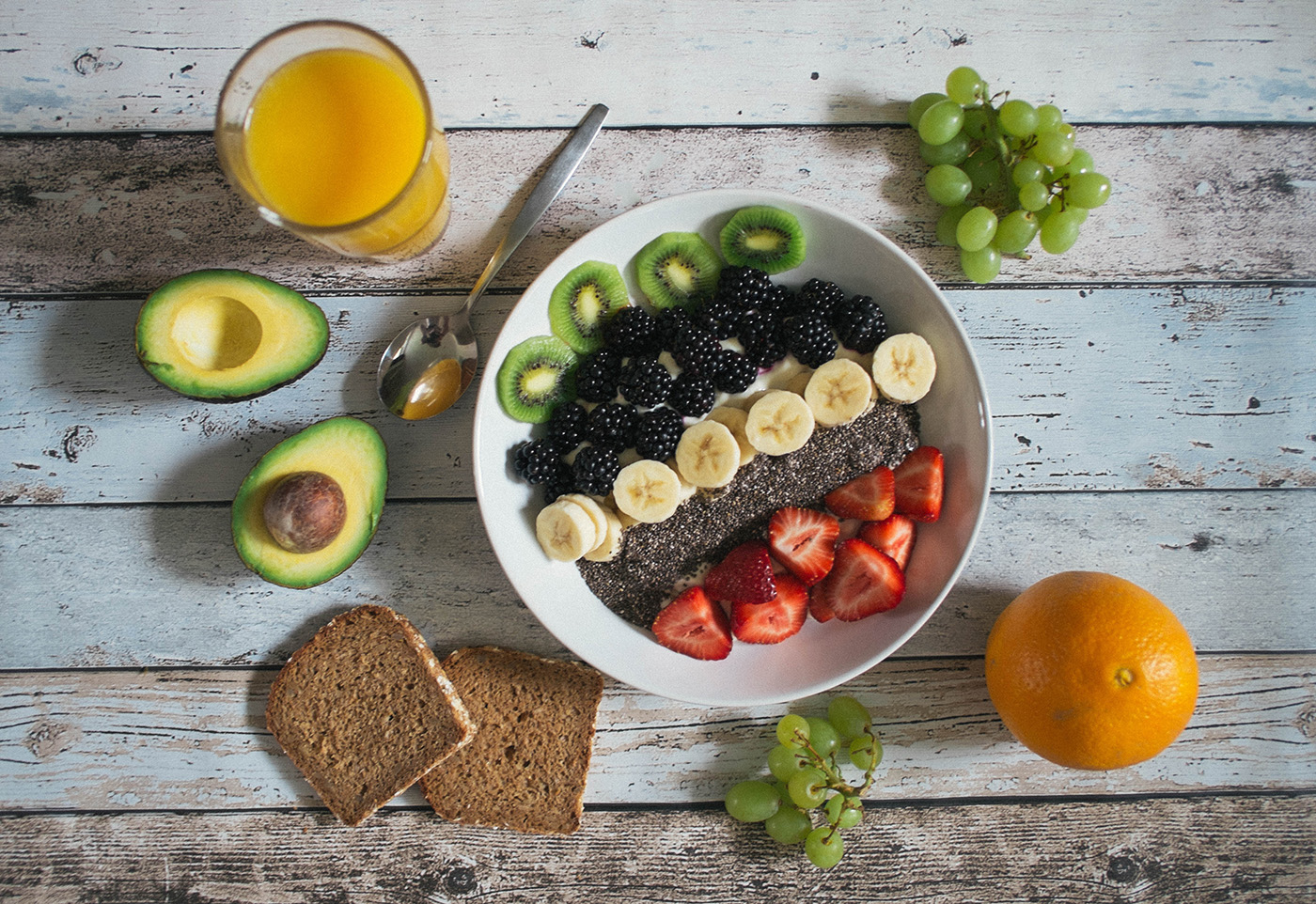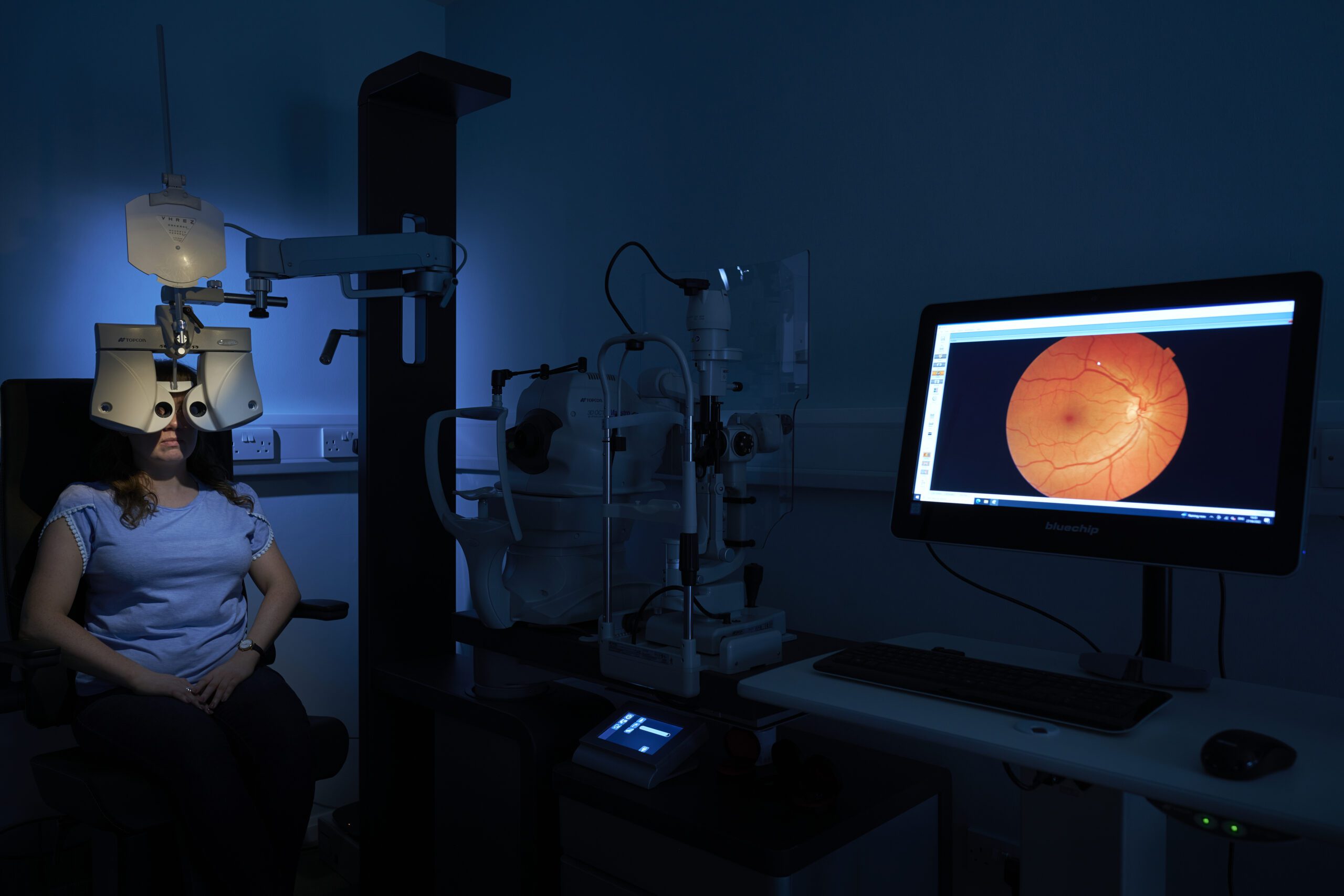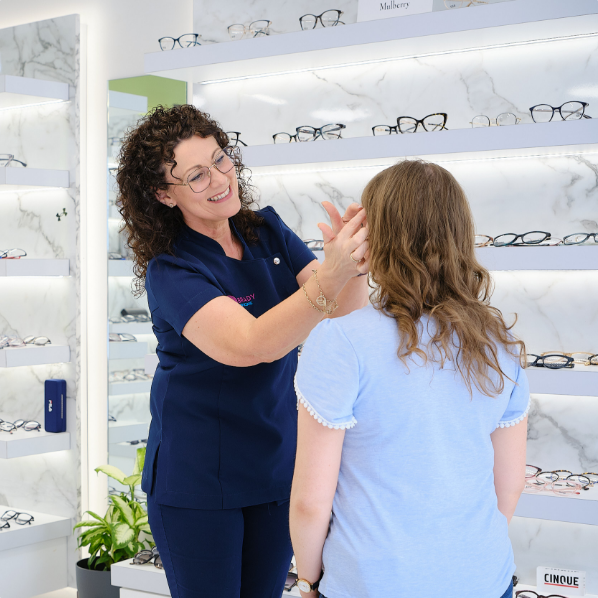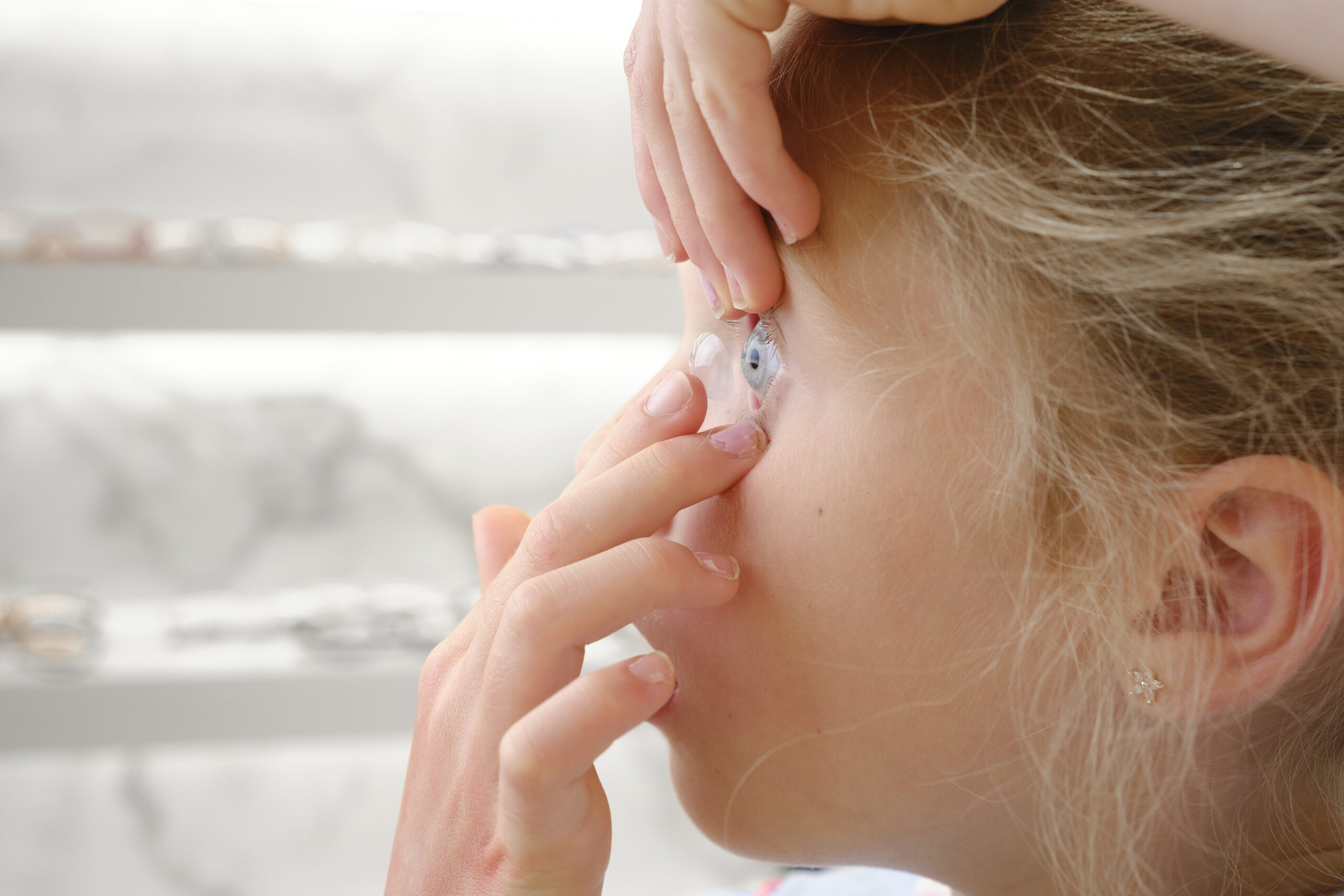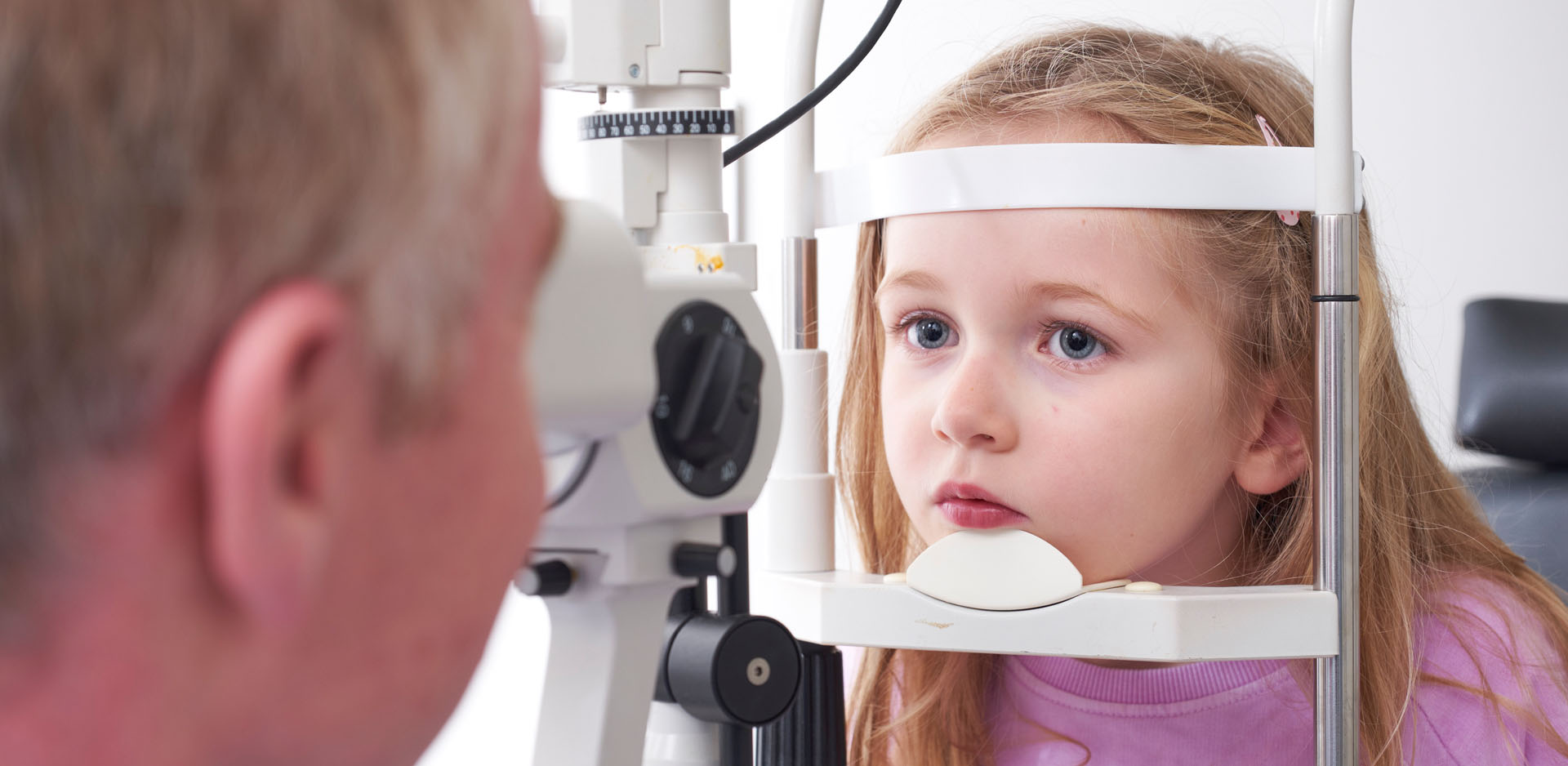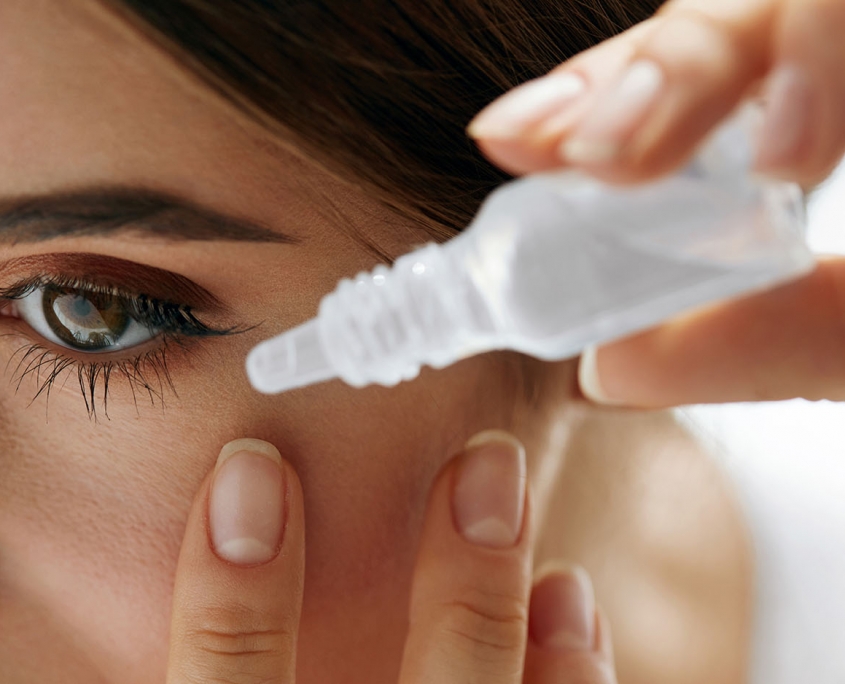People are eating less than half of the recommended daily portions of fruit and vegetables and it could be just a matter of time when we see more cases like that in the UK where a teenager went blind due to deficiencies in his diet.
Researchers from Bristol Eye Hospital said the boy first presented to his doctor complaining of tiredness. The boy’s mother reported that her son became a fussy eater when he was about seven and would only eat chips, crisps, sausages, processed ham and white bread.
“The first we knew about it was when he began coming home from primary school with his packed lunch untouched,” she said. “I would make him nice sandwiches – and put an apple or other fruit in – and he wouldn’t eat any of it”. His teachers became concerned, too.
The family only realised something was seriously wrong when his hearing began going at the age of 14 – and his vision soon after. The boy is now legally blind. Legally blind is where your vision is 20/200 or less. That means if an object is 200 feet away, you have to stand 20 feet from it in order to see it clearly. But a person with normal vision can stand 200 feet away and see that object perfectly.
The boy’s poor diet caused him to suffer from nutritional optic neuropathy (where the nerve at the back of each eye becomes damaged), which is treatable if diagnosed early. In his case however, fibres in his optic nerve were so badly damaged that the harm to his sight has been judged to be permanent.
The 19-year-old agreed for his case to be reported in the Annals of Internal Medicine to raise awareness. The teenager suffers from an eating disorder called ARFID (Avoidant Restrictive Food Intake Disorder). Sufferers become sensitive to the taste, texture, smell and appearance of certain types of food. At the age of 14, he was diagnosed with vitamin B12 deficiency and put on supplements, but he did not stick with the treatment or improve his poor diet.
Experts who treated the teenager at the Bristol Eye Hospital say that it has been well documented and known that junk food increases the risk of poor cardiovascular health, obesity and cancer but warn that not everyone realises that poor nutrition could also permanently damage the nervous system, particularly your vision.
This recent news report can serve as a reminder to us all that eating a wide variety of fruit and vegetables, including dark green leaves, is good for your general health as well as supporting good eye health.
Dr Brendan McCreesh, principal optician
Ph.D BSc MCOptom

